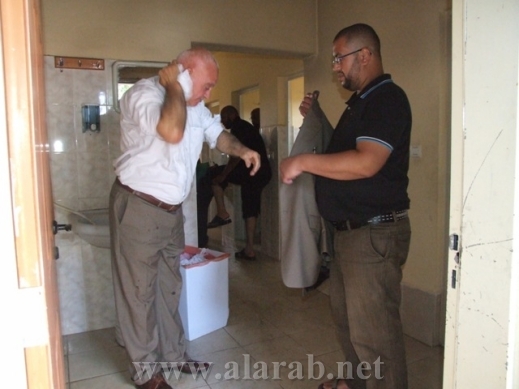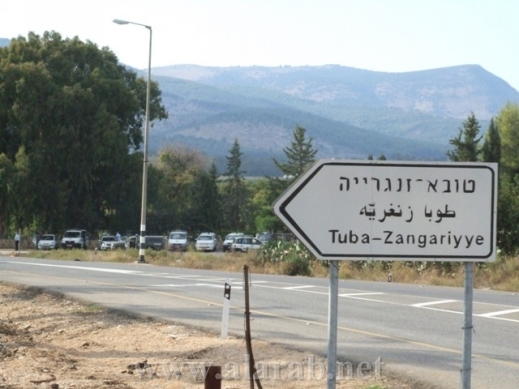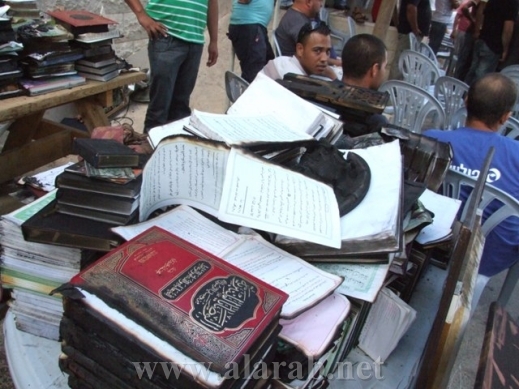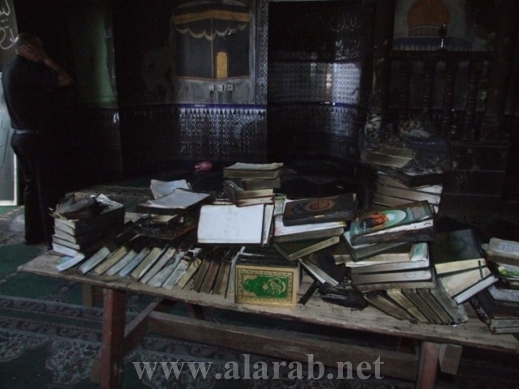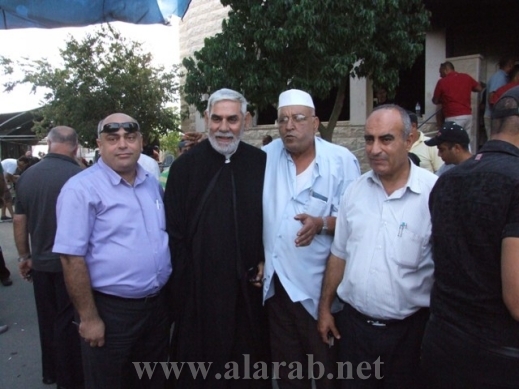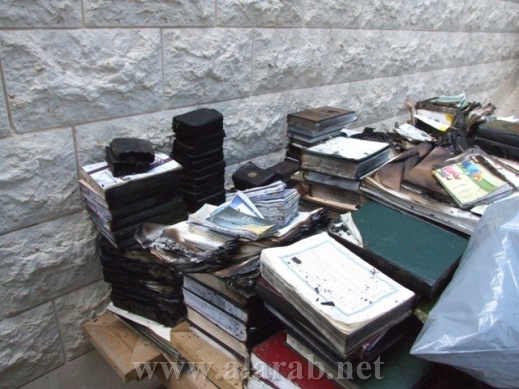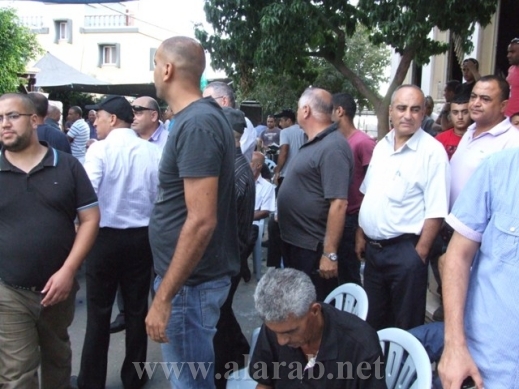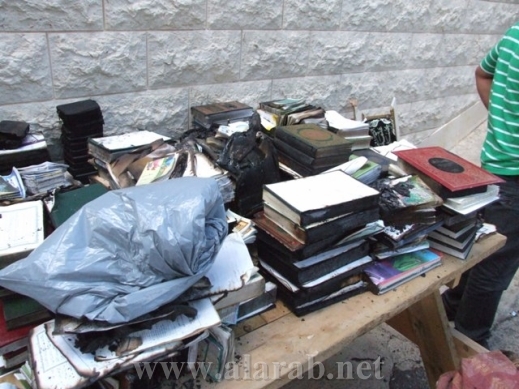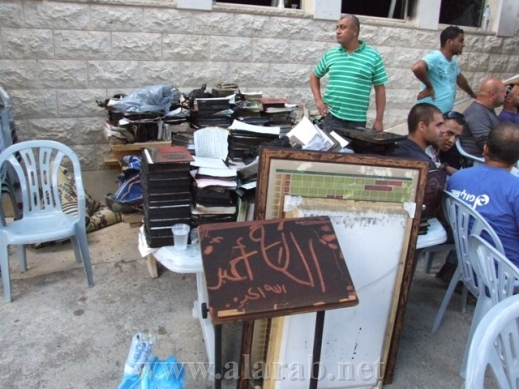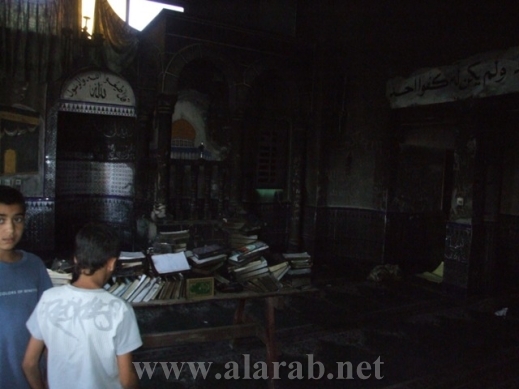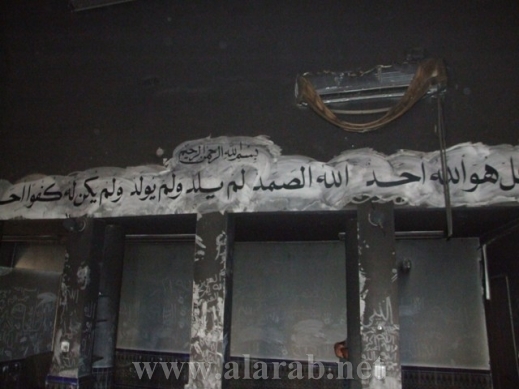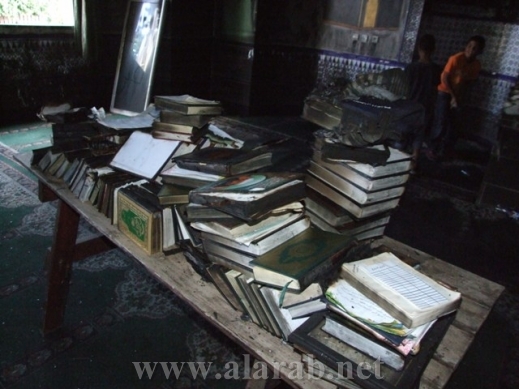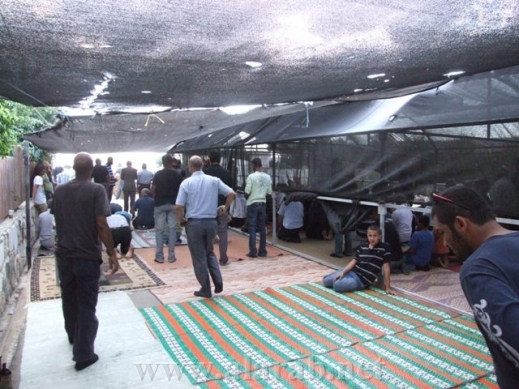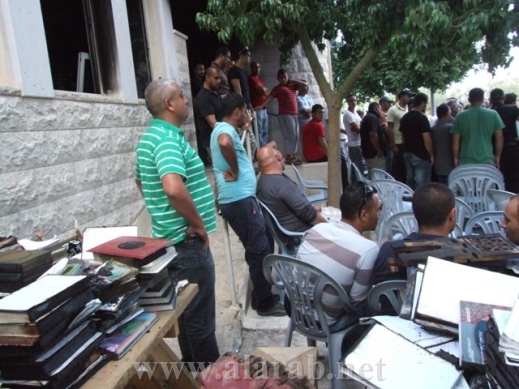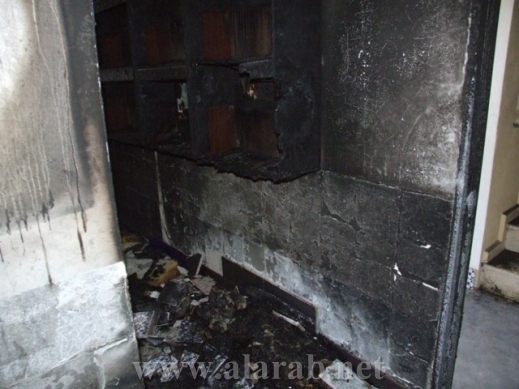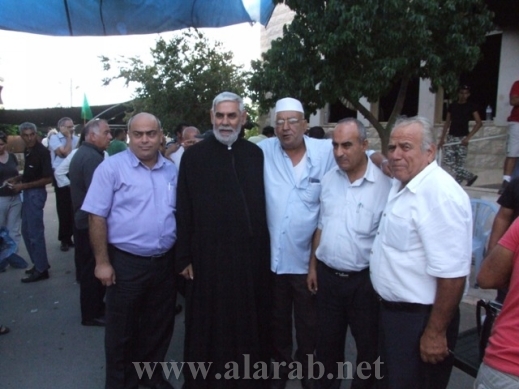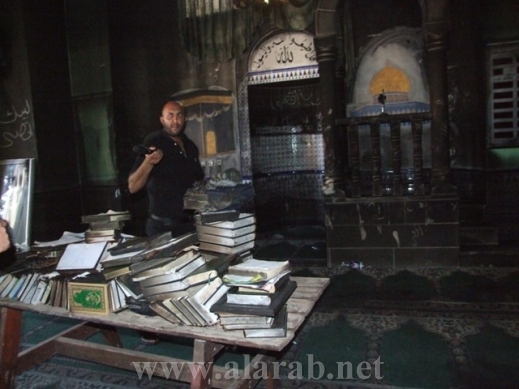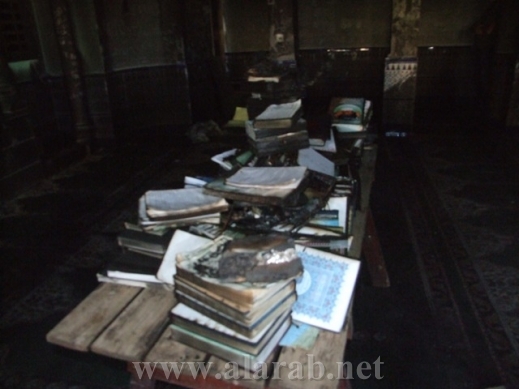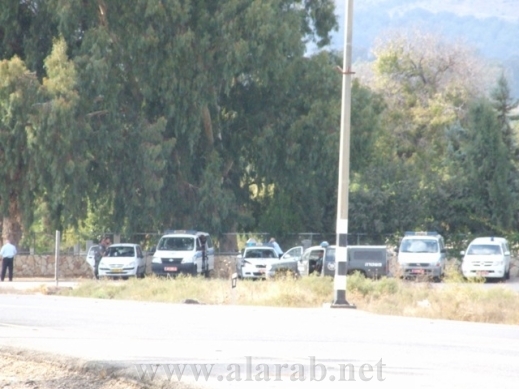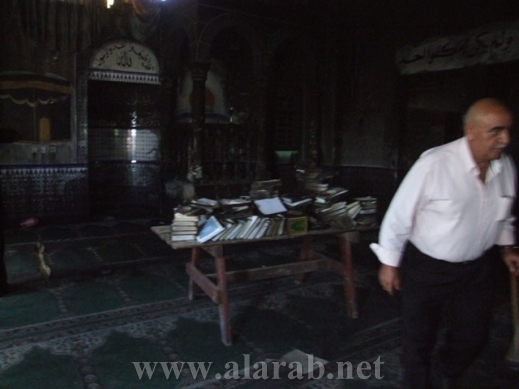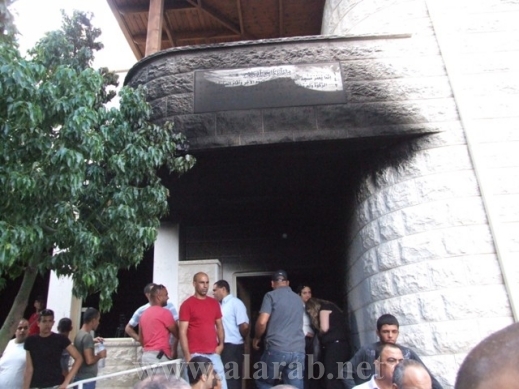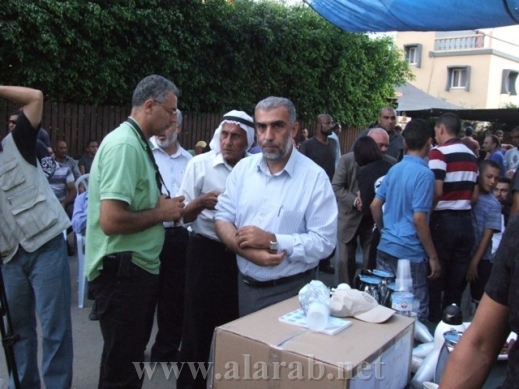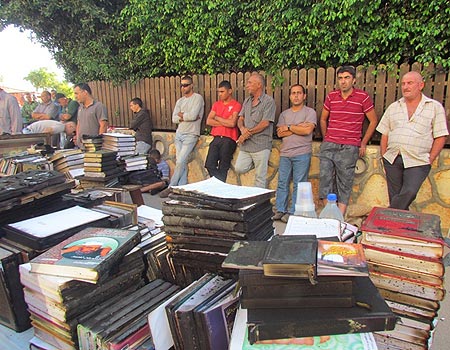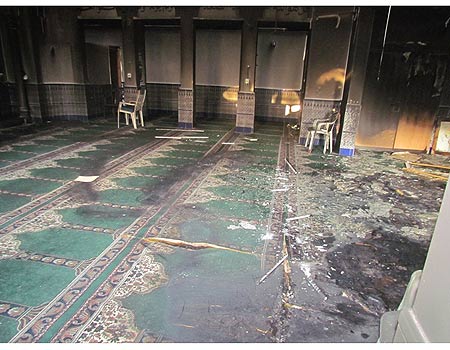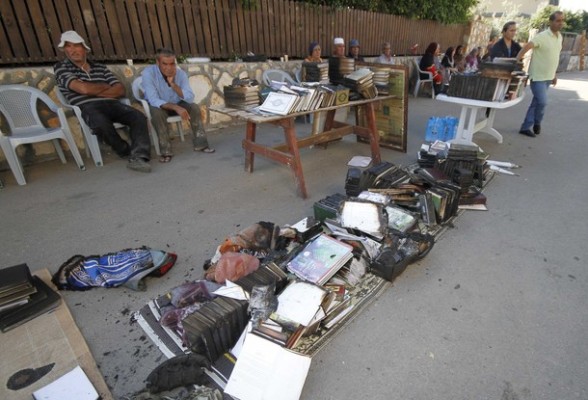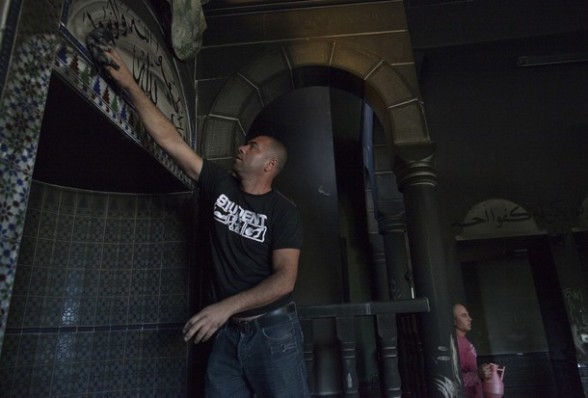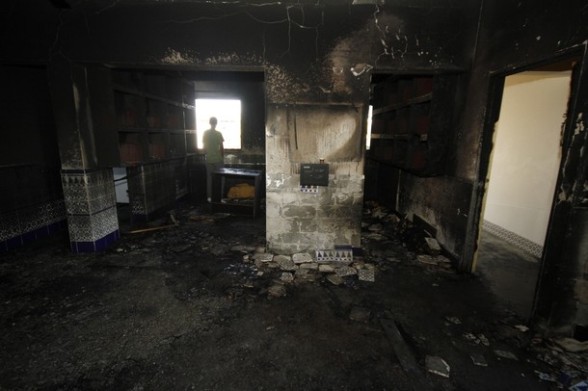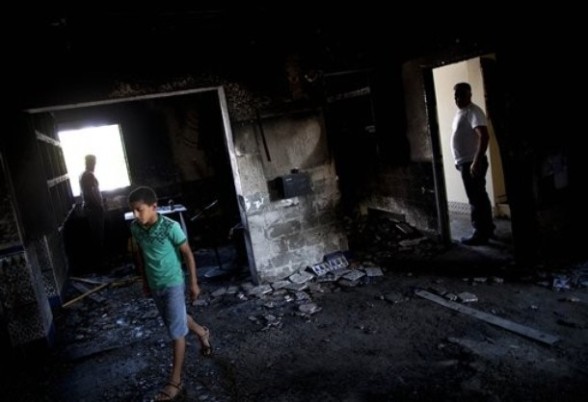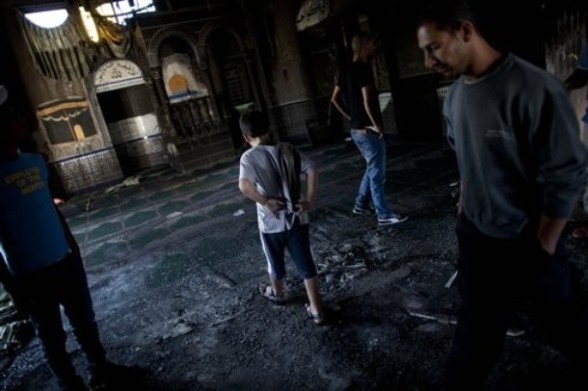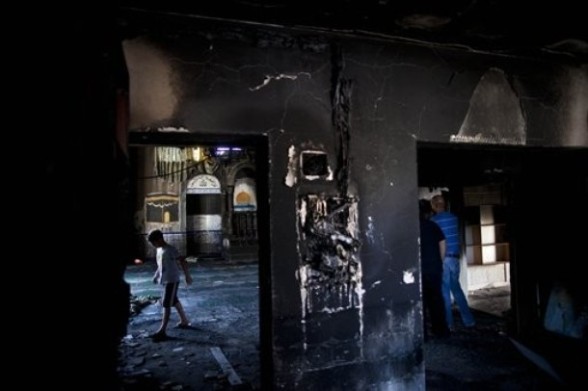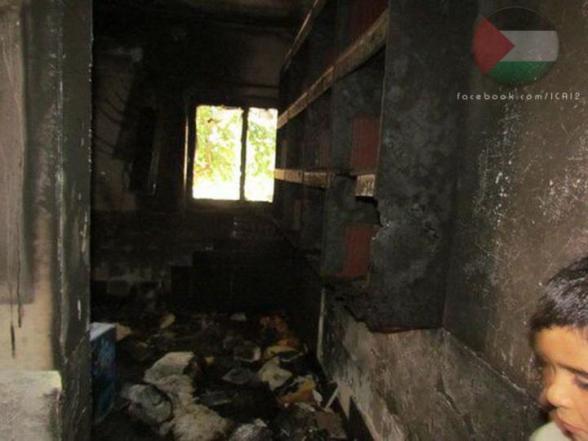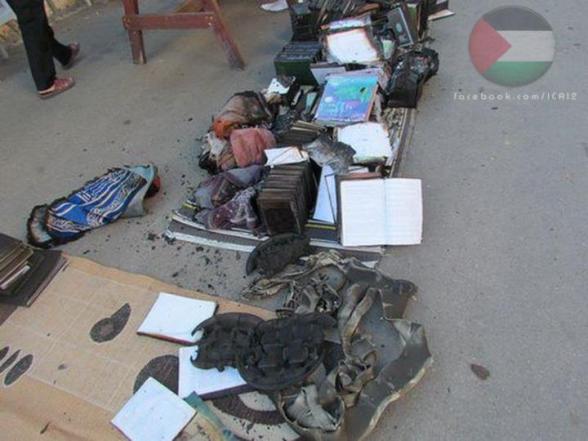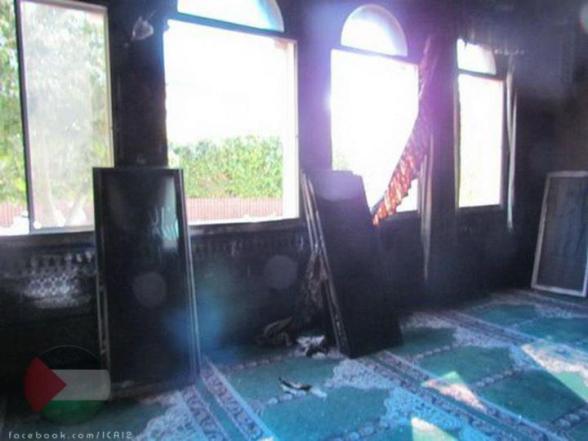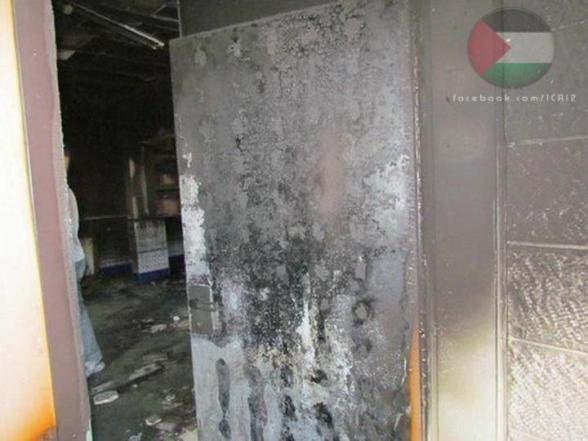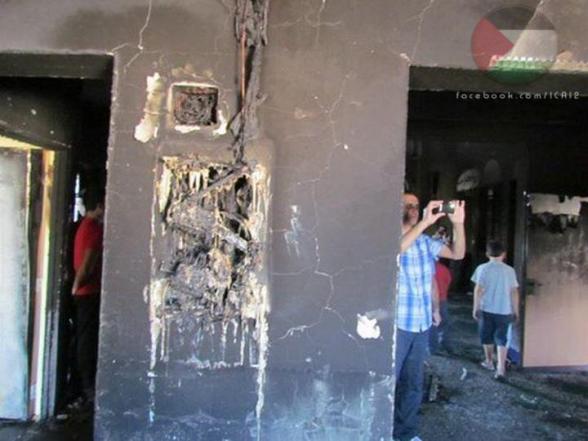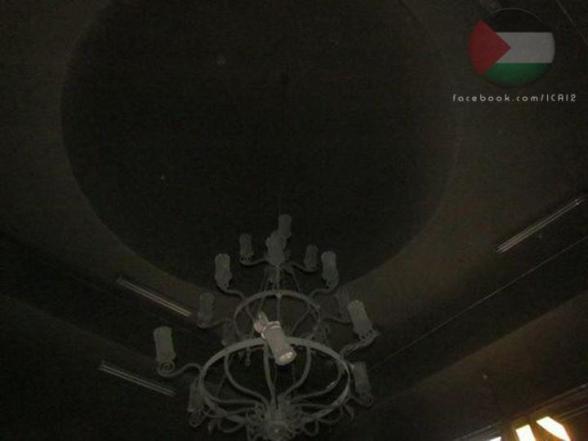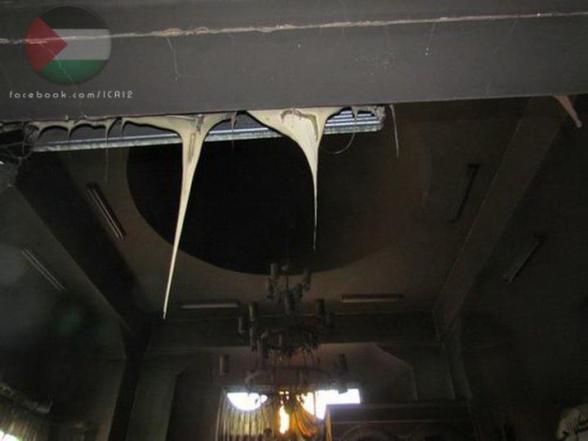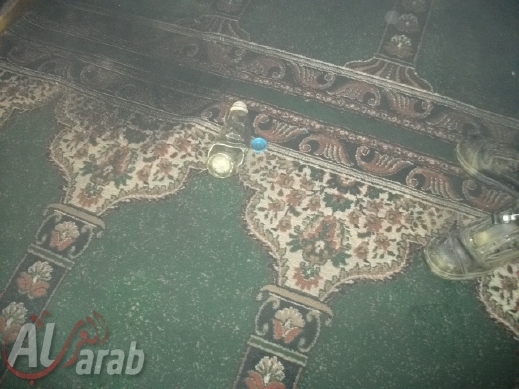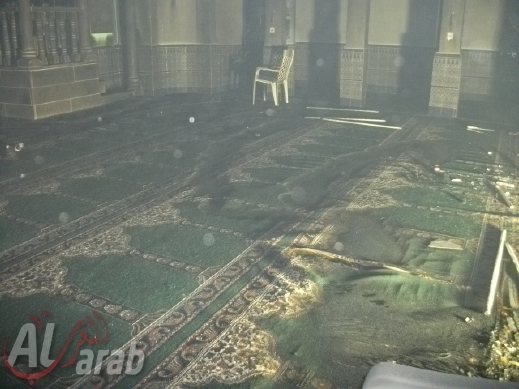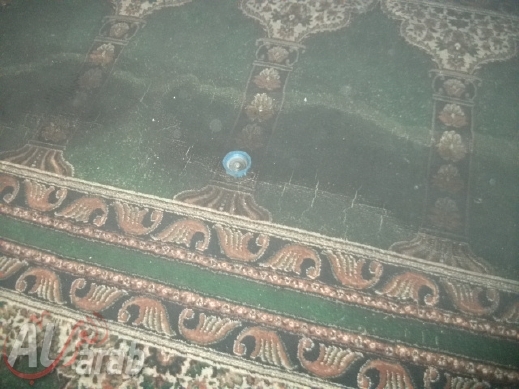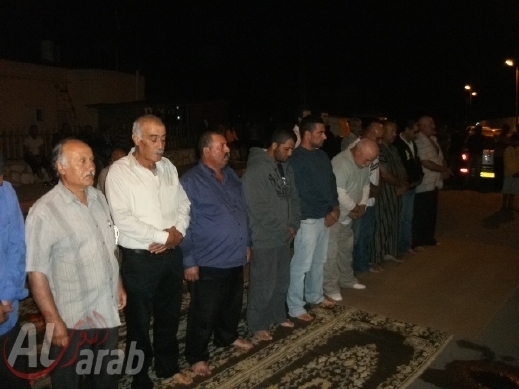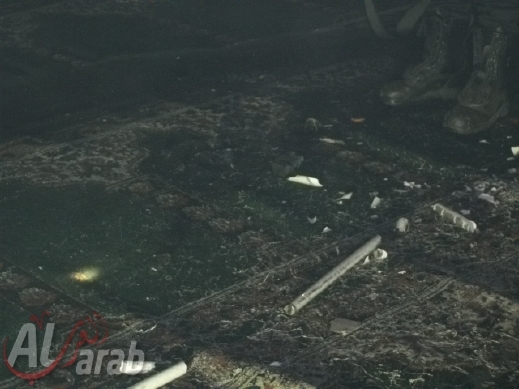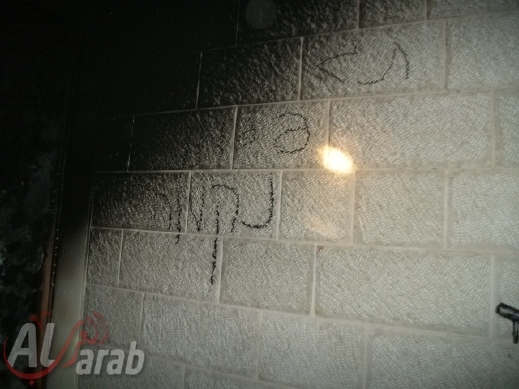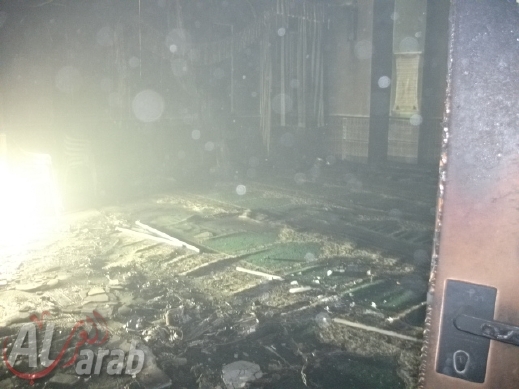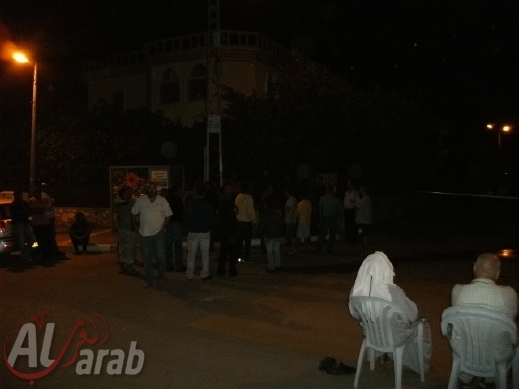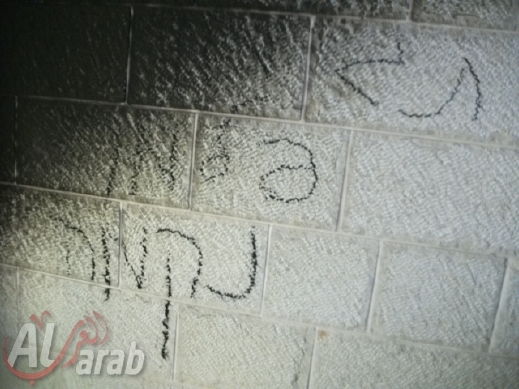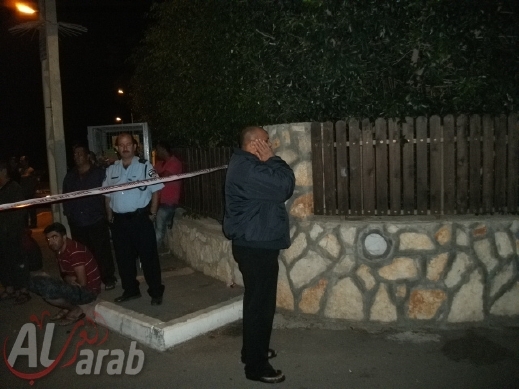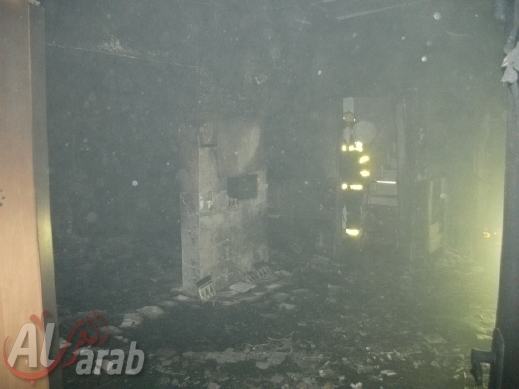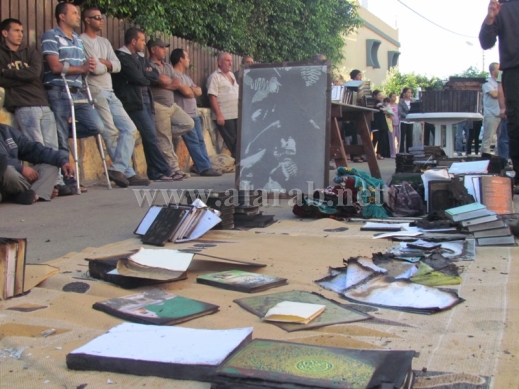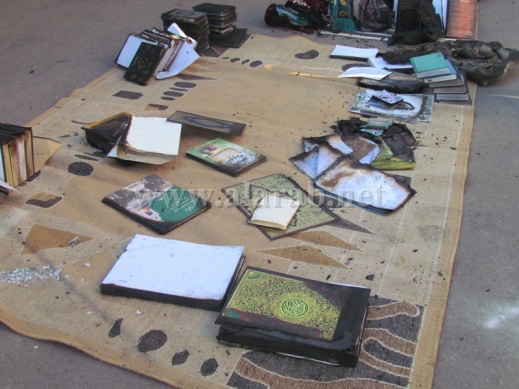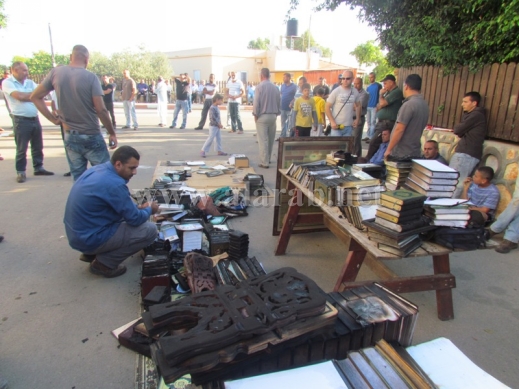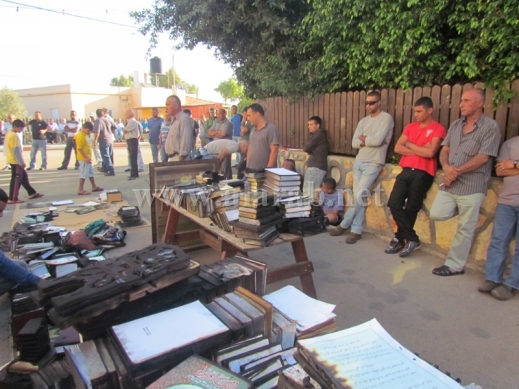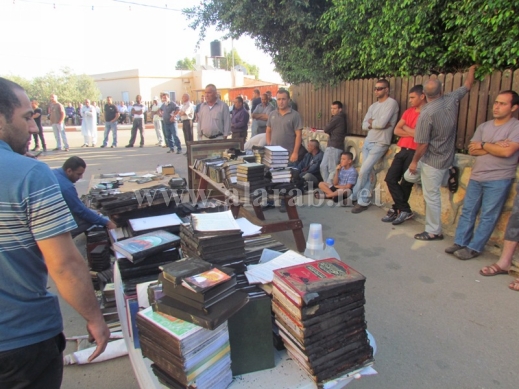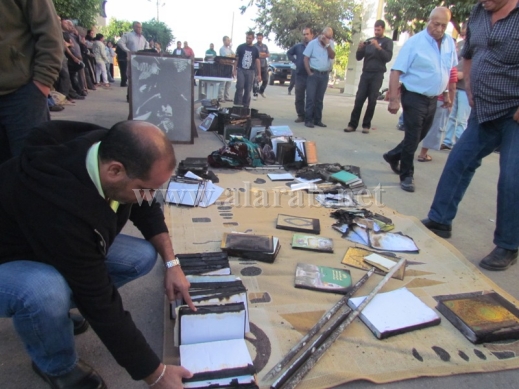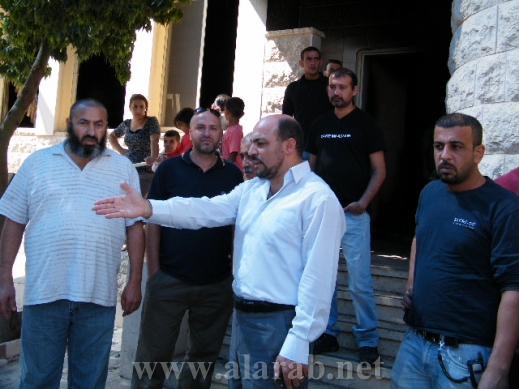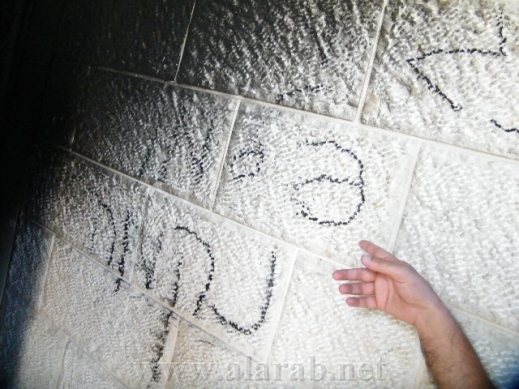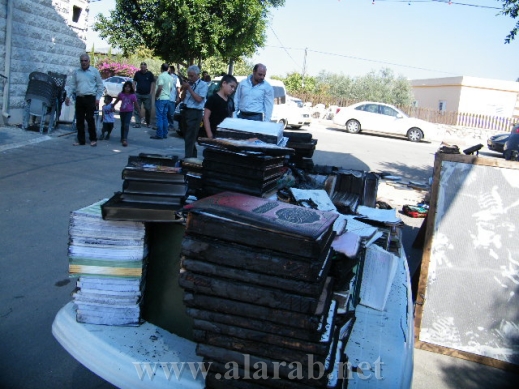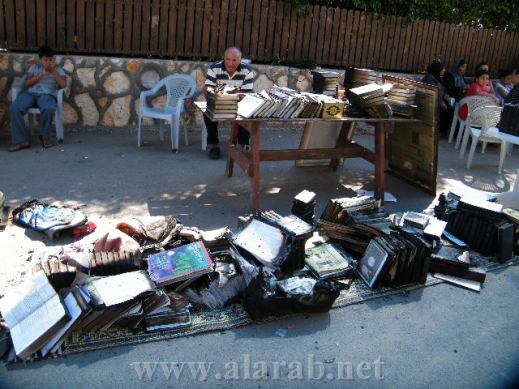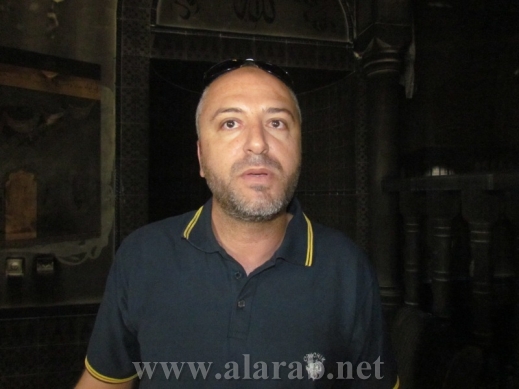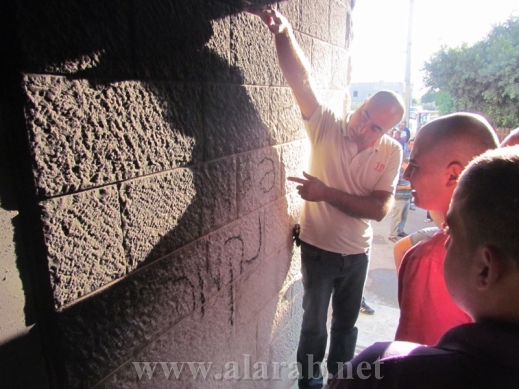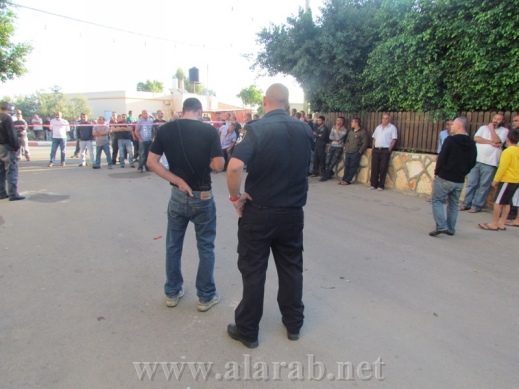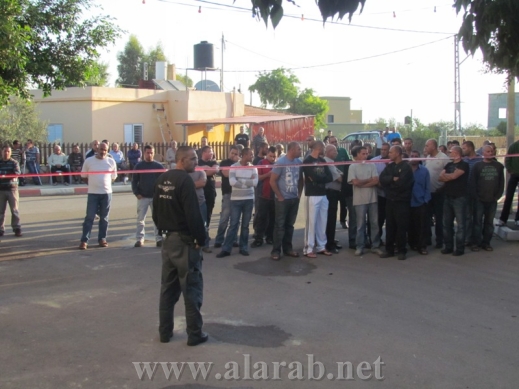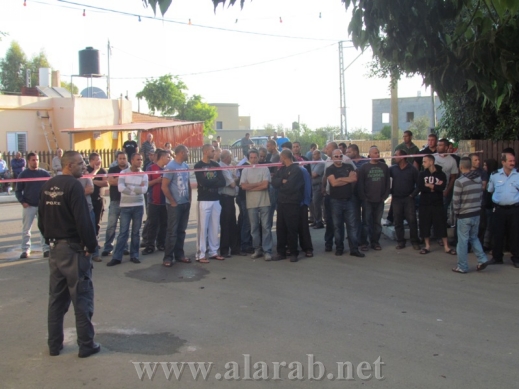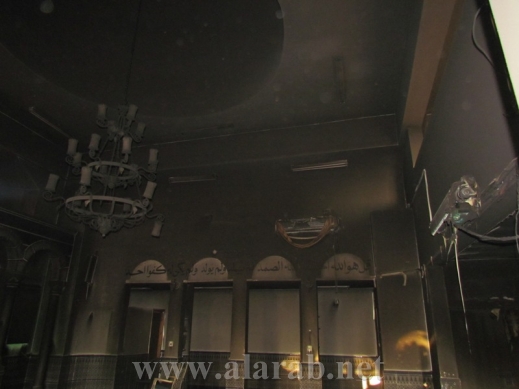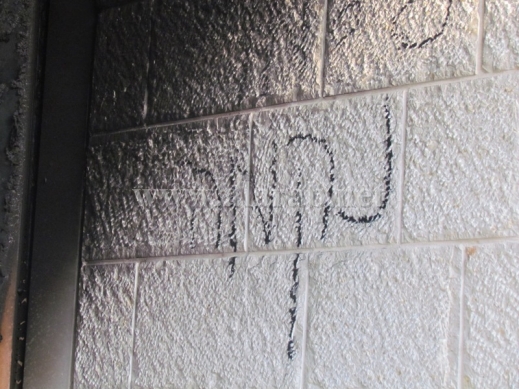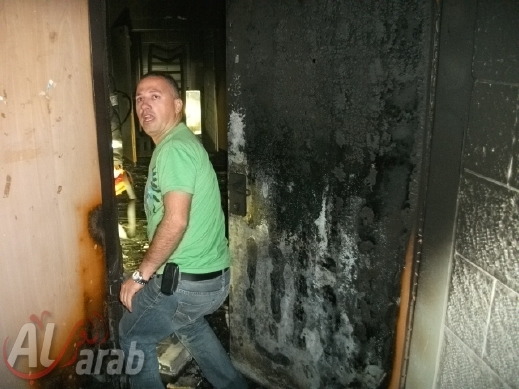6 October 2011

Women in Cairo, Egypt, hold a silent protest last July calling on the UK government to release Palestinian leader Sheikh Raed Salah.
(/ )
As Palestinian leader Sheikh Raed Salah’s appeal against deportation concluded in a Birmingham court this week, new details of the UKgovernment’s deep links to the Israel lobby have emerged.
This follows a separate High Court ruling in London on 30 September, when a judicial review into the government’s June imprisonment of Salah ruled he was entitled to damages for “wrongful detention.”
While a panel of two immigration judges is expected to deliver a verdict within 10 days of the hearing, internal government emails obtained by The Electronic Intifada show Home Secretary Theresa May moved quickly to ban Salah not long after the pro-Israel group Community Security Trust (CST) sent a secret report on him. The report contained quotes ascribed to Salah with the word “Jews” inserted into his rhetorical attacks on Israeli occupation forces, in an attempt to paint him as an anti-Semite.
In court on Monday, government barrister Neil Sheldon said, “There is no question of this being a doctored quote, or a cooked-up quote,” although he conceded that the words “Jews” did not appear in the original poem written by Salah. A Jerusalem Post report cited by the government against Salah “may well have got it wrong,” Sheldon stated (“Civil Liberties,” 20 June 2009).
But Sheldon seemed to argue that this fact did not matter because that is how the poem was reported in a “respectable media outlet in Israel.”
This and other similar misquotes were then used by May as a principle source for her banning order against Salah. Salah entered the UK legally on 23 June. Neither he nor his organizers were aware of the ban, because the government had not managed to serve it on him in time.
Conservative Party funder on board of group that pushed for Salah to be banned
The Electronic Intifada can reveal that Poju Zabludowicz, a billionaire real estate magnate who bankrolls the ruling Conservative Party (to which May belongs), is named as a CST board member in a report by an expert witnesses called by Salah’s lawyers. The emails obtained by The Electronic Intifada appear to show that CST played a key role in the banning of Salah.
As well as personally funding UK Prime Minister David Cameron’s campaign for the Conservative Party leadership, Zabludowicz’s family used to own Israeli arms company Soltam (now part of Elbit). And he has owned a minority holding in British Israel, a company with several malls — including one in the illegal West Bank settlement Maaleh Adumim.
David Miller, a sociology professor from the University of Strathclyde in Scotland, was called by Salah’s lawyers to testify as an expert witness in the case. His report on the CST was entered into evidence. It includes a list names of the CST advisory board from June 2010. In court, he said the list was available in the public domain, and later showed The Electronic Intifada where it could be viewed publicly.
A spokesperson for the CST refused to comment when asked by The Electronic Intifada if Zabludowicz or several other members of the list were still board members. Sheldon said Miller’s conclusions that the CST is not a reliable source on the matter belied the list, which includes several members of parliament, lords and former and current senior police officers.
Pro-Israel group CST pushed privately for Salah to be banned
In a 17 June email to the deputy director of the Special Cases Directorate (SCD) of the UK Border Agency (UKBA), Michael Whine, a CST director, said he was writing following the request of an official from another government department. Whine attached a CST report on Salah “who plans a speaking tour of the UK from the end of next week.”
The report claimed that Salah’s “record of provocative acts and statements carry a risk that his presence in the UK could well have a radicalizing impact on his audiences.”
Only 17 minutes after this report was sent, Faye Johnson, Theresa May’s private secretary, emailed SCD Director Andrew Jackson about “a parliamentary event on 29 June” at which Salah was due to speak. Johnson then asked if there was “anything that we can do to prevent him from attending (e.g. could we exclude him on the grounds of unacceptable behavior?).” It is not clear where May had first heard about Salah.
A few hours later, Jonathan Rosenorn-Lanng at the SCD sent an email askingUKBA colleagues for more information on Salah that could be used to exclude him. But it seems this request was a token, as Rosenorn-Lanng insisted he would be “going with what I’ve got in any event” — seemingly a reference to the CST report on Salah.
Pro-Israel lobby group asked for court sources
The previous Monday, Rosenorn-Lanng was the only witness called by the government lawyers in their response to the appeal. Under cross-examination, he had said that, although he was “not expected to be an expert on the actual issues I’m dealing with,” the recommendations he presented to the Home Secretary on exclusions from the UK were checked by people who were experts.
In court, Sheldon also named pro-Israel lobby group the Board of Deputies of British Jews as a further source for the document put together by Rosenorn-Lanng. This document led to May personally signing the order for Salah’s exclusion from the UK.
But it’s likely this is a confusion borne of out of Michael Whine’s dual roles at both the CST and the Board of Deputies. As well as being director of “Government and International Affairs” at the CST, Whine also holds a director’s position at the Board of Deputies and has written a journal article for the CST on European governmental responsibility toward “combating anti-Semitism” (“Two Steps Forward, One Step Back: Diplomatic Progress in Combating Antisemitism,” 2010 [PDF]).
Although Whine sent the report on Salah from a CST email address on 17 June, and with the CST mentioned in his signature, the deputy director of theSCD referred to him as “Mike Whine at the Board of Deputies.”
Although CST predecessor, the Community Security Organization, used to be part of the Board of Deputies, the CST established itself as a charity independent of the Board in 1994 following certain changes in charity law. The CST was granted a special dispensation by the Charity Commission allowing it to withhold public release of the names of its trustees.
Goverment’s only source was anti-Palestinian group
Salah’s barrister Raza Husain had asked why Salah’s hosts in the country had not been consulted by the government or their advice sought on Salah. He also asked why they had not consulted a group like Jews For Justice For Palestinians, who issued a statement in favor of Salah’s right to speak in the country.
Pressed by Husain on this point over the whole three days of hearings, the government was unable to point to a single outside group whose advice it had drawn on, apart from the CST and the Board of Deputies (taken in the context of the emails, it seems both were via Whine).
Husain told the court he was not aware of any primary document in the report to Theresa May compiled by Rosenorn-Lanng that was not from theCST (apart from a “communities impact assessment” from the another government department). Sheldon’s reply was that, if that was the state of the evidence, “that’s the evidence.”
He later said it was “simply not the case” that everything from the CST was “taken at face value,” and he gave the example that a CST report referred to Salah’s presence on the Mavi Marmara as part of the 2010 Gaza Freedom Flotilla. Rosenorn-Lanng had said the government discounted an accusation used in a CST submission that Salah might have been involved in indoctrination that led to an attack on Israeli naval commandos as a “rumor.”
But it also emerges from the emails that even May recognized that the case was “very finely balanced.” May’s private secretary Faye Johnson said as much in an email dated 23 June, 4:26pm, to SCD Deputy Director Rod McLean, thanking him for his submission. This submission is seemingly the documents assembled by Rosenorn-Lanng, who had in court described the CST as a “principal source.” But once Salah had been arrested on 28 June, some civil servants advised May against deportation because he had a ticket to leave the country on 5 July anyway, and arrest would only attract more attention to the case.
Husain’s argument was: if the case was so finely balanced even when only a report from a group biased against Salah had been received, how did the scales tip now that Salah’s side of the story had been heard in court?
Salah’s exclusion order an an affront to free speech
Sheldon’s argument was that the exclusion decision taken by May was something she is democratically accountable for, and that the Tribunal should be “very slow” to substitute its own view for hers, because it had an incomplete jurisdiction. He argued that the accusations against Salah in the document assembled by Rosenorn-Lanng were not counts of an indictment that had to be proved, and that the question for the Tribunal was, was there sufficient evidence for May to base her decision on. He characterized the evidence as disputed.
Husain took exception to that, saying the judges had to deal with the material on its own terms. He argued that the true aim of the exclusion order was to block free speech, pointing to Faye Johnson’s emailed reference to Salah’s scheduled meeting in the Houses of Parliament.
Sheldon argued that Salah’s presence in the country would have the effect of radicalizing “elements of the Muslim community.” Sheldon said Salah had been convicted in Israel of funding charities linked to Hamas and that it was a misrepresentation of a revised indictment to say this related only to charitable work.
Asked by The Electronic Intifada for a response to the accusations heard in court, Mark Gardner of the CST wrote, “It is a disgraceful slur to claim thatCST’s attitudes to antisemitism are based upon the assumed religion or ethnicity of those concerned. We completely reject any insinuation that CSTused ‘doctored’ quotes. You should note that there was a Guardian article which carried similar accusations to those you are making. They changed it following our legal intervention.”
This last comment seems to be a reference to a Guardian article by David Hearst, who also had access to some of the government emails, to which an amendment notice is appended (“May warned of weak case against Sheikh Raed Salah,” 26 September 2011).
Should Salah win his appeal, the government is likely to challenge the ruling. Since he is a well-known leader of peaceful popular resistance against the Israeli occupation, UK government collusion with Israeli authorities has already caused a great deal of damage to Britain’s reputation in the Arab world. A deportation would only increase such damage.
When the law has just been changed to allow Israel’s former foreign minister and war crimes suspect Tzipi Livni to freely visit Britain even while Salah remains on restrictive bail, one can accuse the UK of rank hypocrisy.
Asa Winstanley is a freelance journalist based in London who has lived in and reported from occupied Palestine. He edited the book “Corporate Complicity in Israel’s Occupation,” out in October. His website is www.winstanleys.org.


